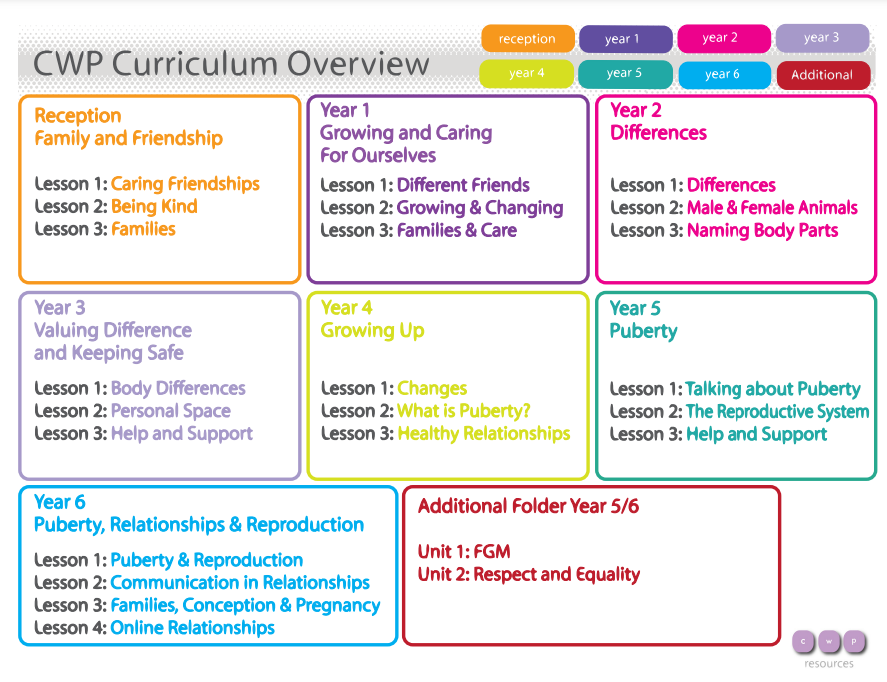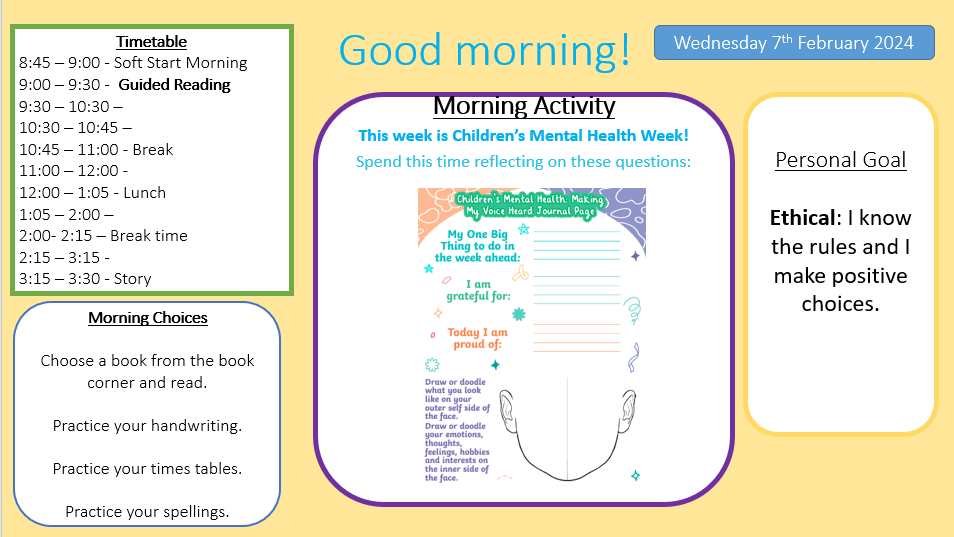Subject Leader Statement
“PSHE provides a safe environment for children to explore their beliefs and emotions, helping them to develop a strong sense of identity and purpose. We want to enable children to think about the wider world and tackle societal challenges, to build an engaged and respectful community.”
Relationships and Sex Education (RSE) Curriculum
Learning about the emotional, social and physical aspects of growing up gives children and young people the information, skills and positive values to have safe, fulfilling relationships both on and off line and helps them to take responsibility for their own well-being.
From September 2020, Relationships and Sex Education (RSE), along with Health Education, has been made statutory, and forms part of the National Curriculum. This guidance focuses on healthy relationships and keeping children safe in the 21st Century. It also covers a wide range of topics relating to physical and mental health, wellbeing, safeguarding and healthy relationships. The statutory guidance can be found here.
In order to teach this statutory areas of the curriculum Stewart Fleming Primary School uses The Christopher Winter Project (CWP) Curriculum. In advance of the curriculum being taught in the summer term, we invite all parents to meet with teachers to understand the content and context of how this is being taught.
The CWP Curriculum Map




